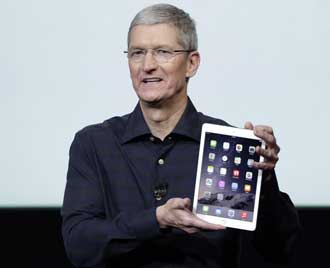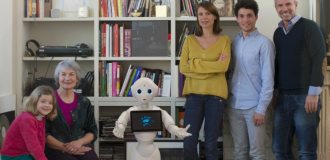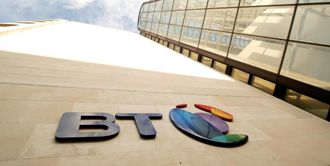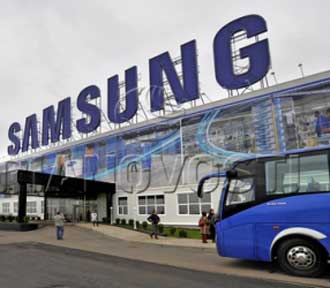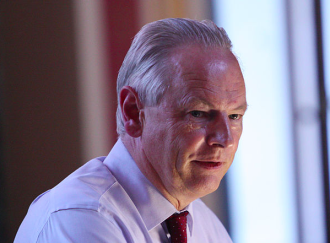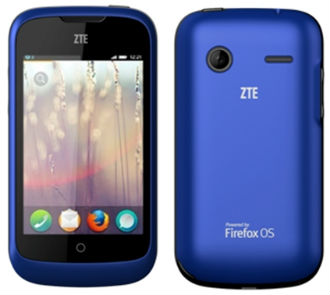 Chinese telecomms provider ZTE said higher sales of 4G network kit and smartphones meant that for its financial year it turned in a 94 percent net profit increased.
Chinese telecomms provider ZTE said higher sales of 4G network kit and smartphones meant that for its financial year it turned in a 94 percent net profit increased.
The Shenzhen based corporation said the net profit rose to $423.5 million in its 2014 financial year.
It claims it is the fastest growing providers of 4G across the world, with strong wins internationally and consolidation of its number one position in mainland China.
It claims its lead in 4G technology is allowing it to take the lead in research on 5G technology and it has already introduced pre G5 base stations for trial.
In addition to telecomms, ZTE made inroads into the cloud computing for the financial services market, and also showed growth in data centre products
Revenues from business outside China accounted for 50.2 percent of ZTE’s results.
The company said that it showed growth for both 4G smartphones and 3G handsets worldwide, and improved its branding, its channel distribution and its services.
